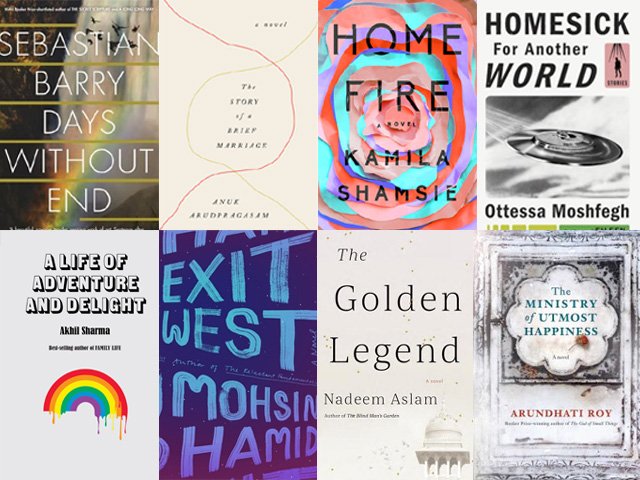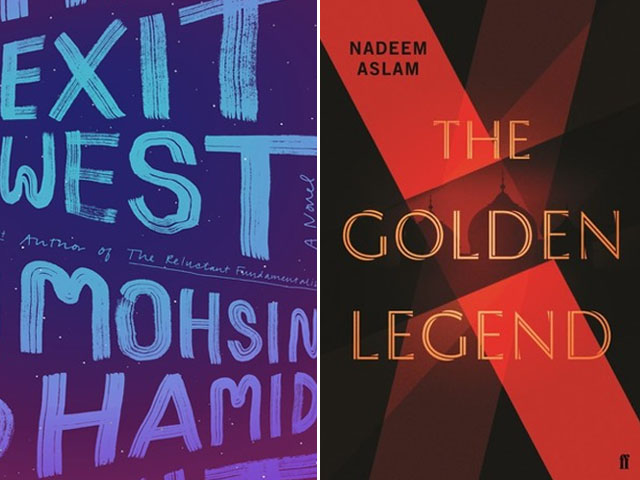
God Help the Child: A searing and unflinching reflection of childhood trauma
Brisk and svelte, it compels us to experience and live inside the horrors of child abuse and its ensuing trauma.
Author Toni Morrison won the Nobel Prize in Literature in 1993. She is an 84-year-old writer who has been writing novels over the past 50 years which are charged by a visionary power and have subjected a dark aspect of American reality to scrutiny.
She is an epicist of African-American experience and her oeuvre has recorded the progress (or lack thereof) in the struggle for human rights of the people of colour in the United States.
In most of her novels, Morrison has written about the sufferings of African-Americans at the hands of their counterparts, the whites, in the United States. However, the premise of her latest novel is quite different. In it, she explores the sordid effects of interfamily abuse and neglect.
‘God help the child’, a brisk and svelte novel, compels us to experience and live inside the horrors of child abuse and its ensuing trauma.
The protagonist, Bride, comes of an age in this slender but powerful novel. When she is born, her mother, Sweetness, is appalled by the physical features of her new born child.
“It didn’t take more than an hour after they pulled her out from between my legs to realise something was wrong,” Sweetness says. “Really wrong. She was so black she scared me. Midnight black, Sudanese black.”
As a result of this abhorrence, Bride is neglected and often mistreated by Sweetness. For most of her childhood, Bride is deprived of love, tenderness, and affection. The novel spills over the years through many wretched experiences and valiantly explores and dissects the intricacies of family life, filial relationships in the wake of black life in America.
As Bride grows up, unloved and alienated, embroiled in disdain and rejection, she struggles for some dignity and an identity of her own and in doing so, she makes a devastating mistake. To get her mother’s attention and love, Bride falsely testifies against an innocent woman who as a result is sent to prison.
Years later, as an adult, we meet Bride again, who is now very tall, beautiful and elegant, and is comfortable in her own skin. She is a prosperous executive at a cosmetics company and is making a lot of money. She mingles with the right crowds, dates rappers and professional athletes and drives a Jaguar. And still, her past looms over her existence. As the walls of her past ensconce her, she is catapulted on a journey of love and redemption. But when things go horridly wrong, Bride finds herself realising that the path to redemption is never easy.
In many of her novels Morrison has concocted characters that struggle with the horrors of slavery or are affected by its resonating aftermaths. Her characters are emotionally wounded with pain and loss and are hungry for love that might heal them.
Similarly, in this novel, one of the great themes that seep through every pore is the power that the past exerts over our present lives. The scars inflicted on Bride during her childhood echo through the calamities of her life.
This novel, a searing and unflinching meditation on childhood trauma, showcases Morrison’s emotional scope as a writer. It is written in a lyrical structure, with terse chapters that switch between time and narratives. Various leitmotifs and phantasmagorias are kneaded together to form a potently poetic narrative, that is sparkled by some delightfully picturesque images that sing off the page.
However, because so many lives, voices and counter-voices are condensed in this slim book, some of the characters lack depth, and the reader, yearning for more profundity and detail, gets reluctant in fully empathising with the characters.
Morrison creates many sharp edges in her narratives but doesn’t sandpaper them for finesse. The narrative lingers over the lives of characters but never sinks fully into their minds thus creating an obscure abyss when it comes to limning characters’ psychological intuitions and motivations. Yet still, there is brilliance, sweltering underneath the veneer of every word. Morrison’s naturally lithe and agile temporal fluctuations and astonishing precision of language delivery creates a rich literary galore that in itself is a testament to her formidable literary acumen.
By its end, this sometimes hobbled and often profound novel reminds us of Morrison’s copious flairs as a storyteller, however faultily they are employed here. Despite its myriad of flaws, it is impossible to not be swayed by Morrison’s fire and vision, to be coerced to dwell inside the trepidation and volatility, in the disarray of human experience. In the end, one can only agree with Morrison, that,
“What you do to children matters. And they might never forget.”




COMMENTS (2)
Comments are moderated and generally will be posted if they are on-topic and not abusive.
For more information, please see our Comments FAQ